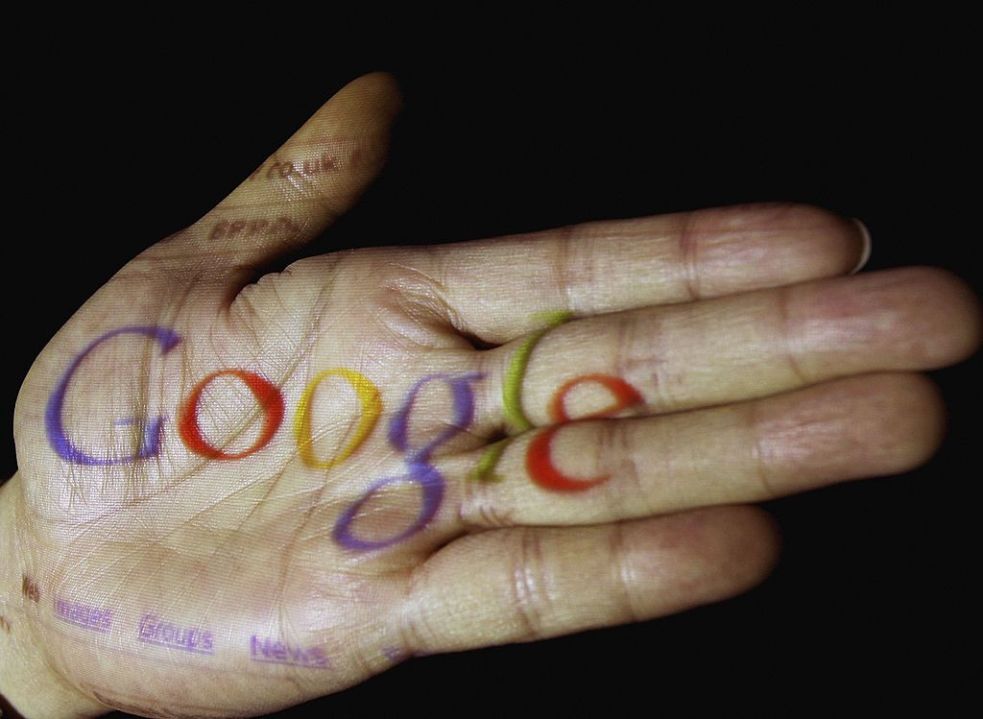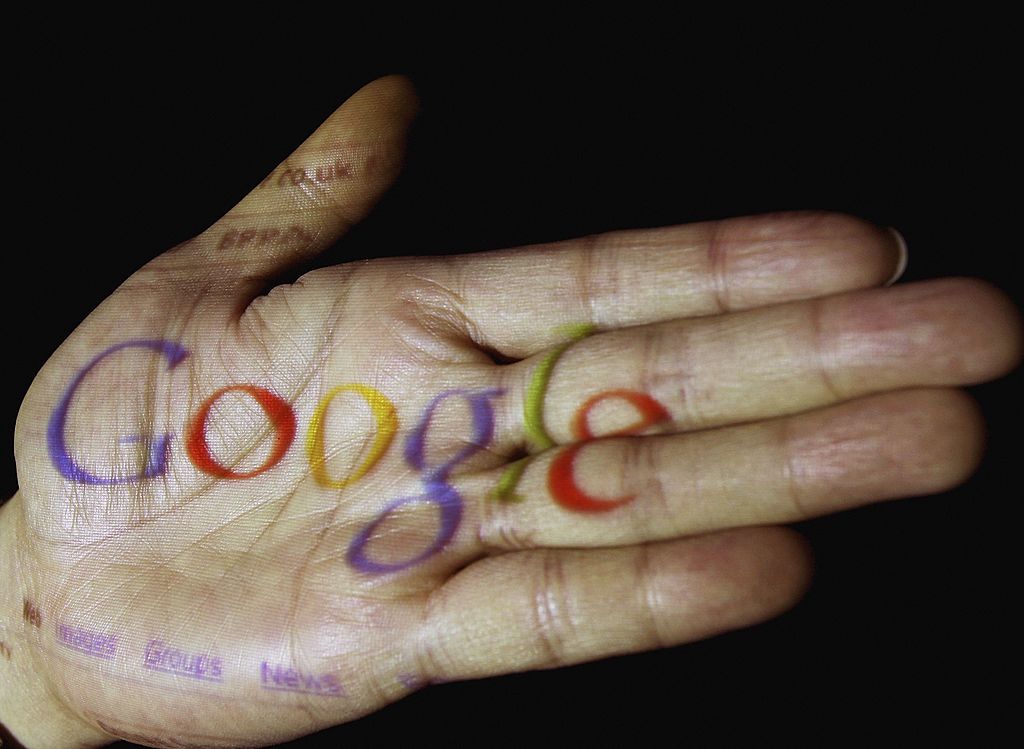Google’s profits have soared in recent years. Now the company has been slapped with a fine to match, with the European Commission ordering the company to pay out £2.1bn, having ruled Google favoured its own shopping services in customers’ searches. Despite the huge fine, there’s little sympathy for the company’s plight in today’s newspapers:
The Sun has a surprise in store for readers today – an editorial praising the European Union. The paper backs the European Commission’s fine as both ‘long overdue and richly deserved’. The paper says that the case typifies Google’s ‘arrogance’, and that the search company is also guilty of swerving ’its responsibilities as a publisher’, while YouTube – which Google owns – ‘spreads videos inciting terrorism’. The Sun says that now things need to change and that ‘this fine must be just the start’- calling on countries to follow the EU’s example by hitting Google ‘with vast penalties for every minute of every jihadist video it hosts’. ‘Maybe then the tech giant will finally eradicate them,’ the Sun concludes.
Since 2002, Google’s ‘cost of doing business in the European Union has been somewhere between a bargain and a steal’, the Times says. Yesterday, that all changed, and the ‘assumption that normal rules do not apply online’ has been shown to be false. When vital aspects of the modern world – such as ‘fair functioning of free markets’ – are at stake, it’s crucial that action is taken. ‘The surprise is that it has taken so long’, says the Times. While Google’s first foray into online shopping ‘failed’, its decision to change its algorithm to favour its own shopping options proved ‘remarkable’: ‘Traffic to the Google shopping service rose by a factor of 45 in Britain’. For all Google’s success, though, this squeezed out smaller retailers, pushing them to ‘virtual invisibility’ on the site. The Times admits that it ‘has a stake in this argument’, given that News Corporation is ‘is an interested third party in this case’. But the paper says that, despite this, it is vital that the internet does not become ‘the new wild west’. And the ‘EU is acting as American anti-trust legislators did against Standard Oil in 1911’ – ‘in the public interest’. concludes the Times.
Given Google’s dominance of the online search market, the company ‘is a competition case waiting to happen’, says the FT. Yet this ruling by the European Commission remains ‘bizarre’. The FT picks up on the verdict that Google’s algorithms harmed ‘price comparison websites’. This is a judgement only made because the case took so long (seven years) to reach a conclusion, the paper argues. Since the probe into Google was first started, the internet has changed dramatically and many price comparisons ’look old-timey’ – making the fine imposed look ‘eccentric and excessive’. The FT goes on to say that the verdict in the case relies on an ‘an alternative history in which Google did not develop its own shopping tool’. and in which a ’thriving industry of comparison sites grew up’. ‘This is speculative’ at best, argues the FT, which asks whether competition really was ‘harmed’? ‘Probably not much’, the paper says.
Meanwhile, Nicola Sturgeon’s decision to put back her demand for a second independence referendum is the talking point in the Daily Telegraph. The paper says that the Scottish First Minister has been ‘thinking long and hard’ about what the general election result means for Scottish independence: yet her conclusion ‘is the opposite of what everyone else has reached’. The Tories’ success – as a ‘pro-Union’ party, ‘clearly indicated that most people consider the matter settled’, the paper says – but still Sturgeon ‘wants to revisit the idea’ in 2019. ‘For such a politically astute leader’ as the SNP leader clearly is, the Telegraph says it is ‘surprising’ independence wasn’t taken ‘off the table entirely’. So why wasn’t it? The reason is clear: ‘breaking up the Union is the raison d’être of the SNP’.








Comments